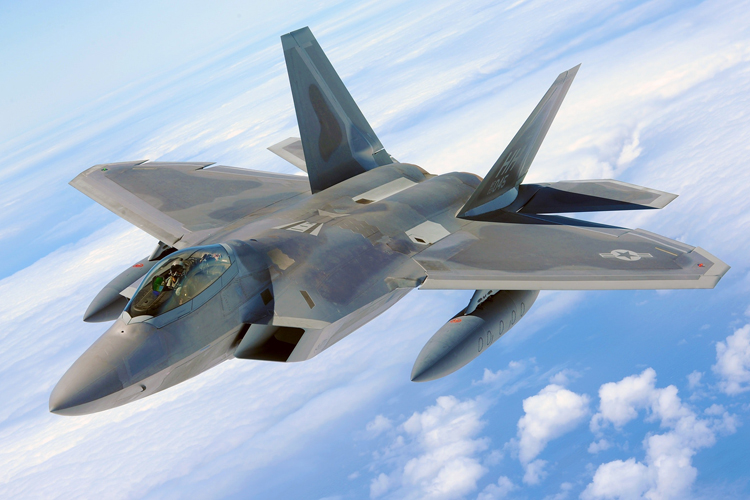Arizona’s aerospace and defense industry has a long and storied history with names like Boeing, General Dynamics, and Raytheon all pumping life into the economy through giant contracts and huge hiring sprees. Last year, Arizona was noted as a top player in the industry’s manufacturing sector, ranking 4th in the United States according to PricewaterhouseCoopers, due to its ideal climate for aircraft testing and space observation, great transportation infrastructure, and business-friendly tax policy.
Now, U.S. Senator Martha McSally (R-AZ) is touting a new contract for the Air Force to replace wings on more than 100 A-10s, also known as “Warthogs.” The contract will cover the remaining A-10s that are in need of wing replacements. The move will help the fleet stay flying through the next decade.
“As a former A-10 pilot and commander of an A-10 squadron in combat, I know how critical the Warthog is to our military’s success in the air and on the ground,” said McSally, in a statement. “Our troops rely on the A-10’s outstanding and unique ability to provide close air support and combat search and rescue. This contract will ensure we maintain this platform’s critical capabilities into the next decade and beyond.”
This move echoes others like it in defense and aerospace in Arizona. The industry is carrying on with recently announced defense contracts that are beefing up Arizona-based companies. Boeing, for instance, just landed a maximum $500 million indefinite-delivery, indefinite quantity contract to provide aircrew and maintenance training for a fleet of 5-15QA fighter planes for the country of Qatar.
Last October, Boeing also received a firm-fixed-price contract worth $30 million to help with maintenance courseware and student tracking.
In Tucson, missile defense company Raytheon recently received a $3 billion order from the U.S. State Department to provide Japan with advanced missile interceptors. The proposed sale package includes up to 73 Standard Missile-3 Block IIA interceptors, support services, logistics, and transportation kits.
“This proposed sale will support the foreign policy and national security of the United States by improving the security of a major ally that is a force for political stability and economic progress in the Asia-Pacific region,” according to a statement from Raytheon. “It is vital to U.S. national interests to assist Japan in developing and maintaining a strong and effective self-defense capability.”
This story was originally published at Chamber Business News.




